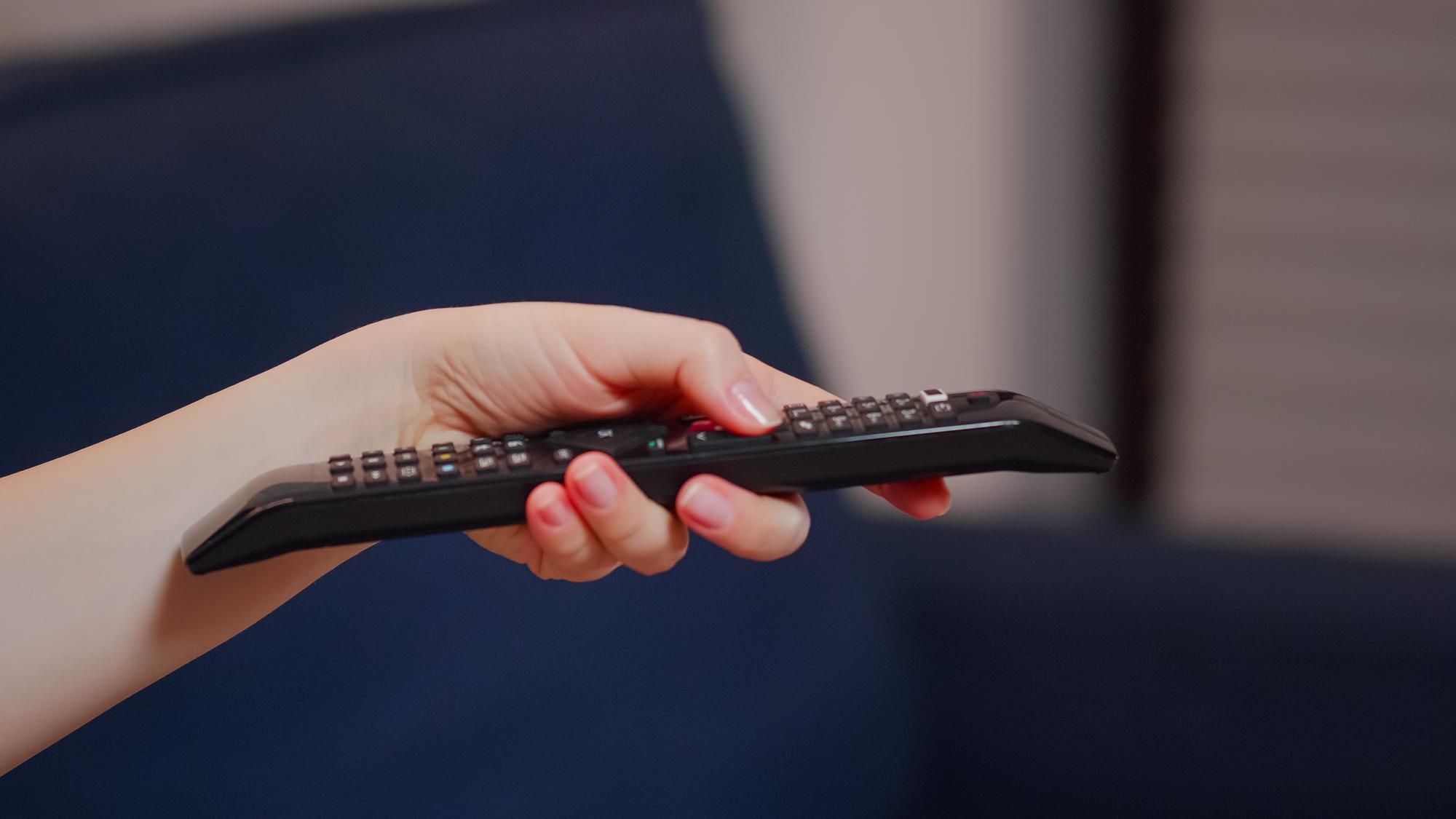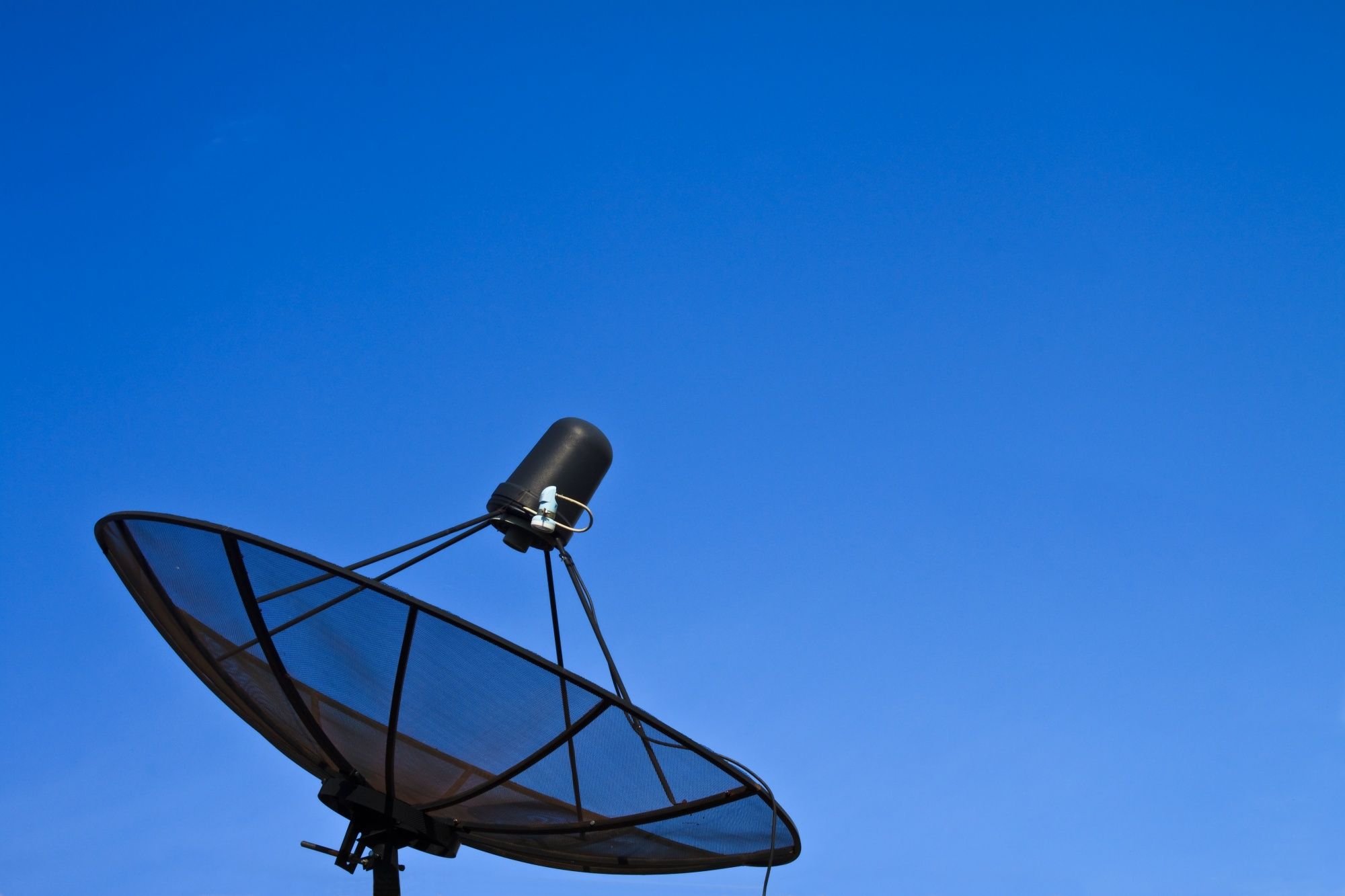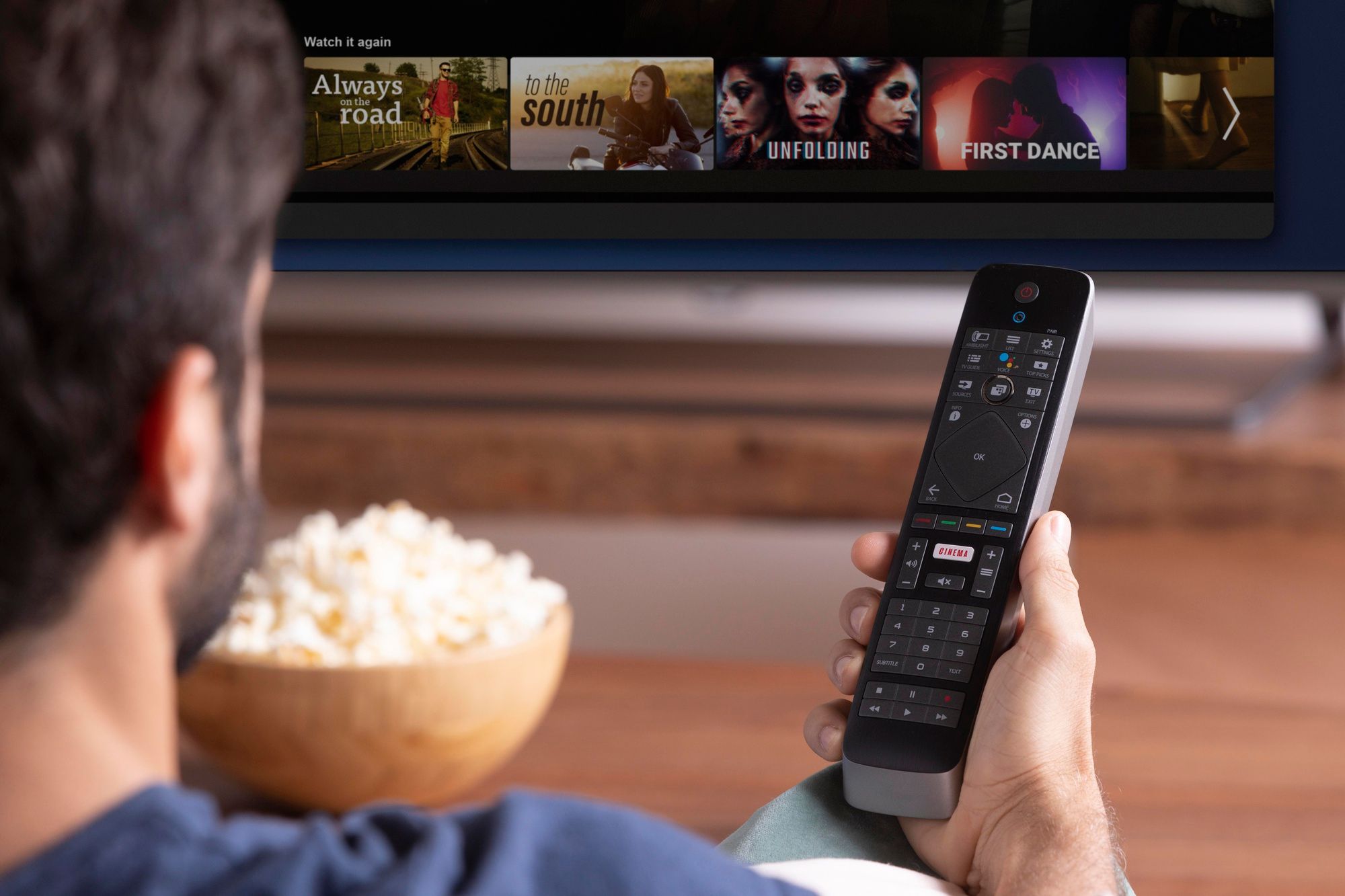When it comes to choosing between satellite TV and cable TV, there are many factors to consider. Both options have their pros and cons, and what works best for one person may not be the right choice for another. Here’s a breakdown of the differences between satellite and cable TV to help you decide which one is right for you.
- Availability
One of the biggest differences between satellite and cable TV is availability. Cable TV is only available in areas where there is cable infrastructure, which typically limits it to more densely populated areas. Satellite TV, on the other hand, can be accessed almost anywhere in the country, as long as you have a clear view of the southern sky.
- Programming Options
Both satellite and cable TV offer a wide range of programming options, including local channels, premium channels, sports packages, and international programming. However, satellite TV tends to offer more options in terms of international programming, while cable TV tends to offer more options when it comes to local channels.
- Picture Quality
Both satellite and cable TV offer high-quality picture and sound, but there are some differences in terms of how the signals are transmitted. Satellite TV uses digital signals that are beamed directly to your satellite dish, while cable TV uses analog signals that are transmitted through a coaxial cable. While both options offer good picture quality, some people prefer the sharper image and clearer sound of satellite TV.
- Price
Price is another important factor to consider when choosing between satellite and cable TV. Satellite TV tends to be more affordable than cable TV, with many providers offering packages starting at under $50 per month. Cable TV, on the other hand, can be more expensive, with some providers charging upwards of $100 per month for their most comprehensive packages.
- Installation
Installation is another important consideration when choosing between satellite and cable TV. Satellite TV requires a satellite dish to be installed on your roof or somewhere else on your property where it can receive a clear signal from the satellite. This can be a more involved process than cable TV installation, which typically only requires a cable to be run from the street to your home.
- Weather-Related Outages
One potential downside of satellite TV is that it can be more susceptible to weather-related outages than cable TV. If there’s a storm or other severe weather in your area, your satellite signal may be interrupted or lost altogether. Cable TV, on the other hand, is less likely to be affected by weather-related outages.
- Customer Service
Customer service is an important consideration no matter what type of TV service you choose. Both satellite and cable TV providers offer customer service, but there are some differences in terms of quality and availability. Satellite TV providers often have call centers that are located overseas, which can make it more difficult to get help when you need it. Cable TV providers, on the other hand, may offer more localized customer service and support.
- Contract Length
Finally, it’s important to consider the length of the contract when choosing between satellite and cable TV. Satellite TV providers typically require longer-term contracts, with some requiring commitments of two years or more. Cable TV providers may offer shorter-term contracts or even no contracts at all, which can be beneficial if you’re not sure how long you’ll be staying in your current location.
In conclusion, choosing between satellite and cable TV depends on your specific needs and preferences. If you live in a rural area or want access to a wide range of international programming, satellite TV may be the better choice. If you prefer a sharper picture, don’t mind weather-related outages, and want access to local channels, cable TV may be the way to go. Ultimately, it’s important to do your research, compare pricing and packages








